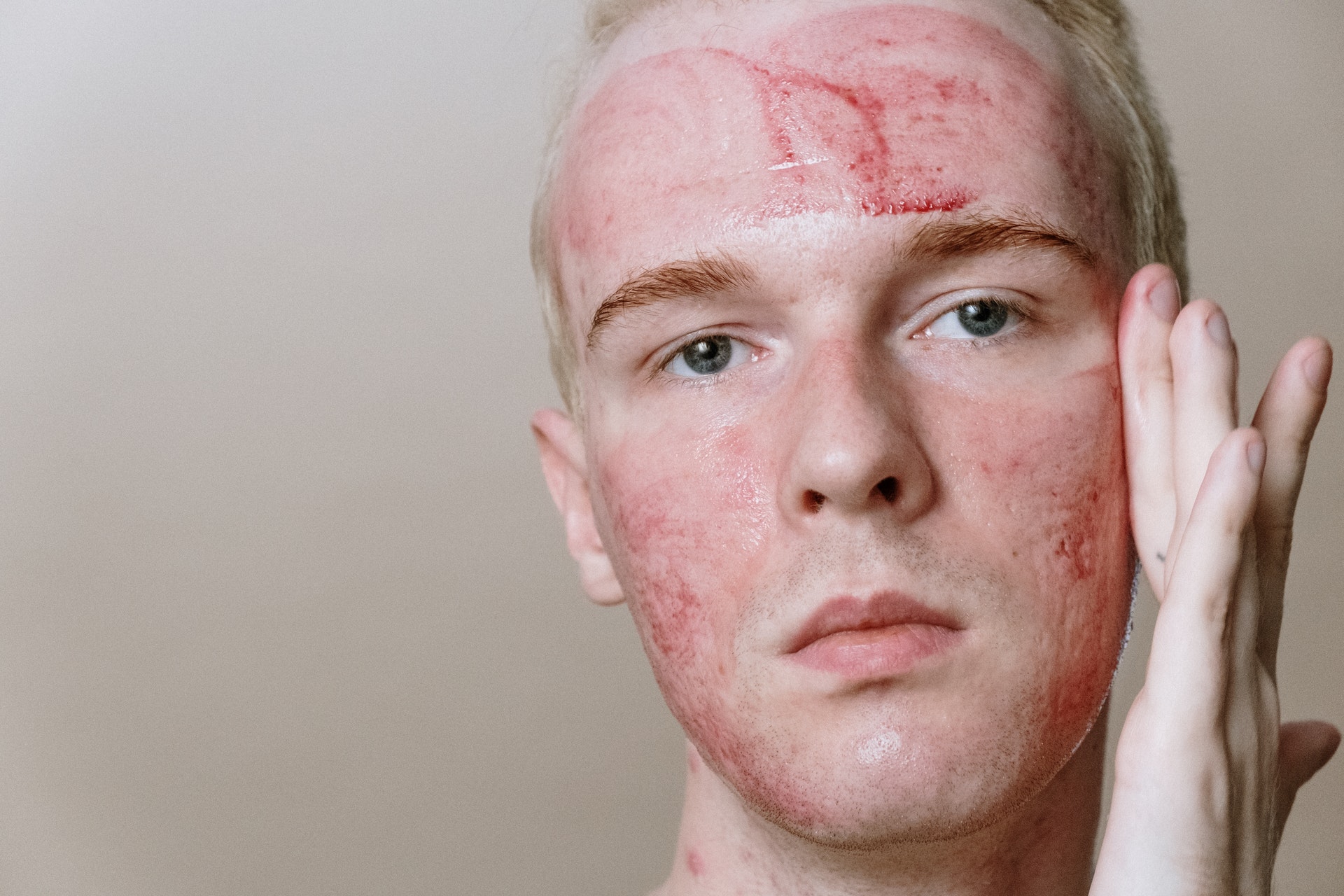There is a lot of confusion around the topic of moisturizers and acne prone skin. Some people swear by moisturizers as a way to keep their skin clear, while others claim that moisturizers are the root cause of their acne problems.
So, what’s the truth? Does moisturizer cause acne? And if it does, why is that?
In this article, we will take a look at the ingredients in skin care products and explore how they can affect your skin, specifically for those with acne prone skin types.
What Is Moisturizer And What Does It Do For Your Skin?

First, let’s start with a definition. Moisturizer is a topical cream or lotion that is applied to the skin to hydrate it and prevent dryness. Moisturizers usually contain emollients, which are ingredients that help to soften and smooth the skin.
Some moisturizers also contain occlusive agents, which are ingredients that create a barrier on the skin to prevent water loss.
The Ingredients In Moisturizers And How They Can Affect Your Skin
Now that we know what moisturizers are and what they do, let’s take a look at some of the most common ingredients found in these products.
- Glycerin – a type of alcohol that is often used as a humectant in moisturizers. A humectant is an ingredient that helps the skin to retain moisture.
- Dimethicone – a silicone-based polymer that is often used as an emollient in moisturizers. It helps to soften and smooth the skin.
- Hyaluronic Acid – a type of sugar that is found naturally in the skin. It helps to keep the skin hydrated by attracting and retaining water.
So, does moisturizer cause acne? Let’s take a look at some of the possible ways that these ingredients can affect your skin.
Glycerin
Glycerin is a type of alcohol that is often used as a humectant in moisturizers. A humectant is an ingredient that helps the skin to retain moisture.
While glycerin can help to keep the skin hydrated, it can also be a problem for people with sensitive skin. Glycerin can draw water from the lower layers of the skin and bring it to the surface, which can cause irritation and dry skin.
Dimethicone
Dimethicone is a silicone-based polymer that is often used as an emollient in moisturizers. It helps to soften and smooth the skin.
While dimethicone can help to temporarily improve the appearance of the skin, it can also cause clogged pores. When dimethicone comes into contact with sebum (the oils produced by your skin), it can create a barrier that traps sebum and dirt on the skin surface. This can lead to blackheads, whiteheads, and acne breakout.
Hyaluronic Acid
This is a type of sugar that is found naturally in the skin. It helps to keep the skin hydrated by attracting and retaining water.
While it is generally considered to be safe for all skin types, it can cause irritation for people with sensitive skin. In addition, because it attracts water to the skin’s surface, it can make dry skin and acne worse whilst leaving your skin needing more oil.
Please note: If you don’t want to trigger inflammation, then we suggest using a low molecular weight degradation product.
FAQs
Is moisturizer bad for acne?
There is no definitive answer, but some research suggests that certain ingredients in moisturizers can contribute to breakouts. If you have skin that is sensitive or are prone to acne, you may want to avoid products that contain glycerin or dimethicone.
Should I moisturize at night if I have acne?
If you have acne, you may want to avoid using moisturizer at night. Instead, focus on cleansing and exfoliating your skin to remove dirt, oils, and dead skin cells. This will help to prevent clogged pores and breakouts.
What happens if you moisturize too much?
If you moisturize too much, your skin can become dry, flaky, and irritated. If this happens, you may want to cut back on the amount of moisturizer you use or switch to a lighter product.
Is using moisturizer everyday bad?
Using moisturizer every day is not necessarily bad, but you may want to switch to a lighter product if you start getting dry skin or irritated. You should also make sure to cleanse your skin thoroughly before applying moisturizer to avoid pores clogging.
Should I use moisturizer if I have oily skin?
If you have oily skin, you may want to avoid using moisturizer. Instead, focus on cleansing your skin to remove dirt, oil, and dead skin cells. You may also want to use a light, oil-free moisturizer to help control shine.
So…does moisturizer cause acne?
While there is no definitive answer, some research suggests that certain ingredients in moisturizers can contribute to breakouts.
If you have irritable skin or are prone to acne breakouts, you may want to avoid products that contain glycerin or dimethicone.
You may also want to look for products that are labeled “non-comedogenic,” which means they are less likely to clog pores.
Remember, everyone’s skin is different, so what works for one person may not work for another. The best way to figure out what works for you is to experiment with different products and ingredients until you find something that works for your skin type.
Do you have any experiences with acne and moisturizers? Share them in the comments below!

